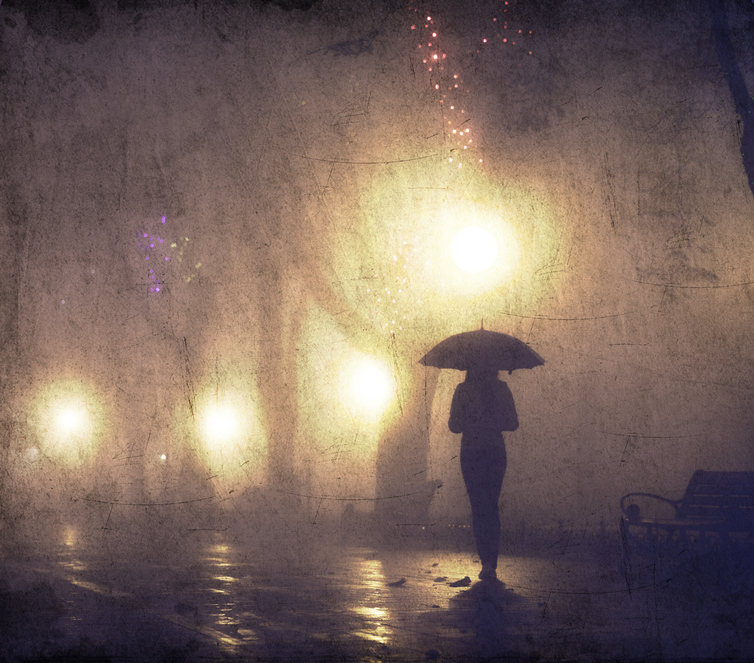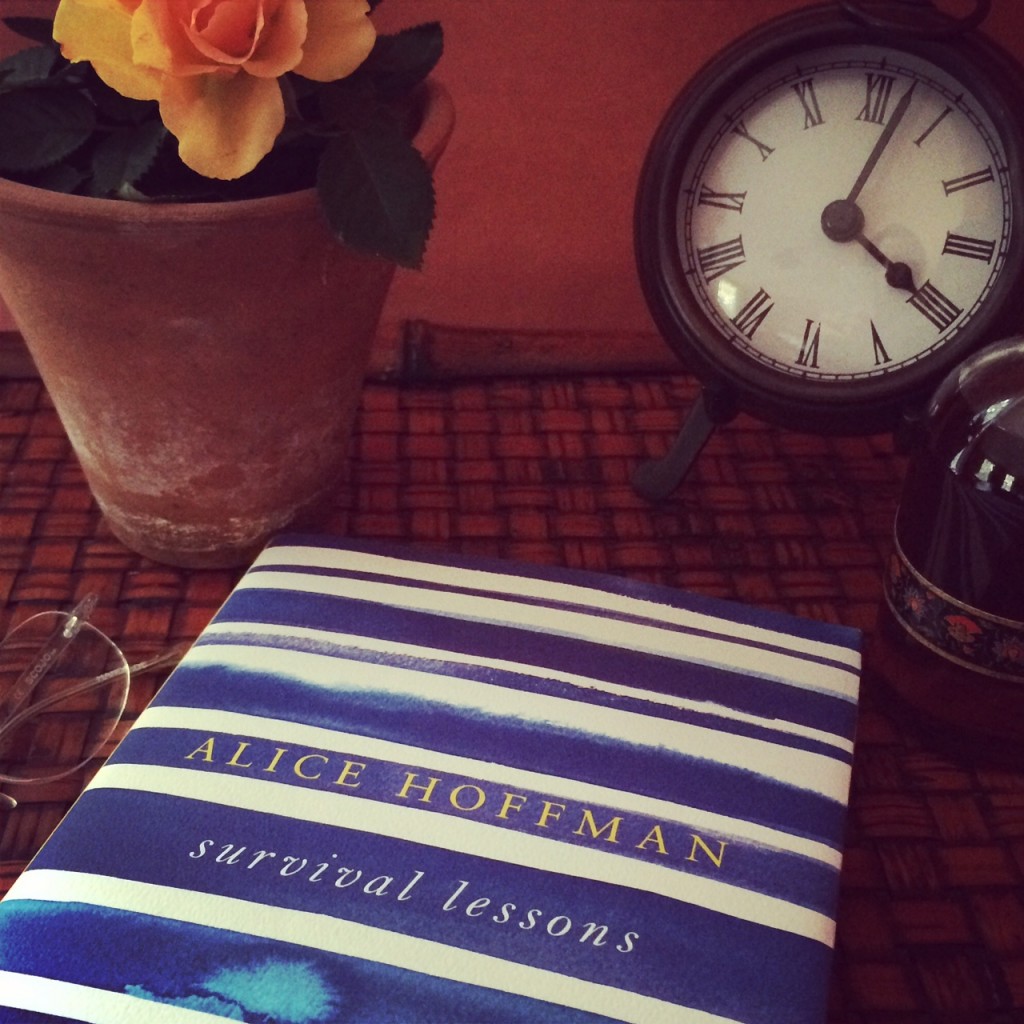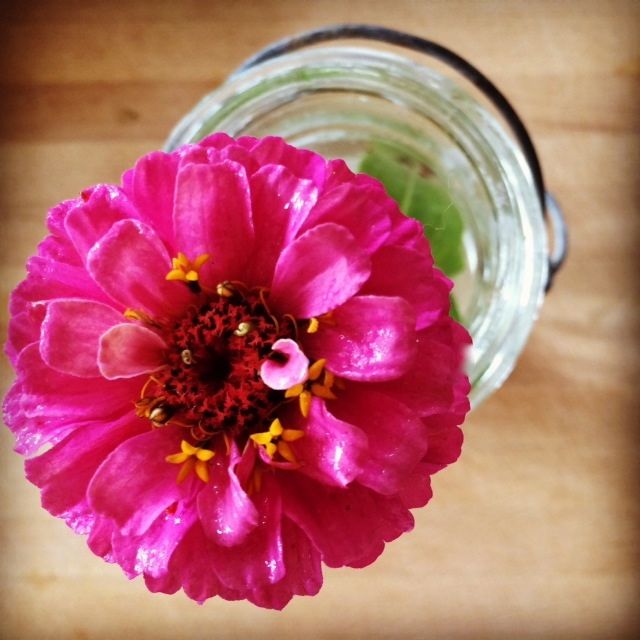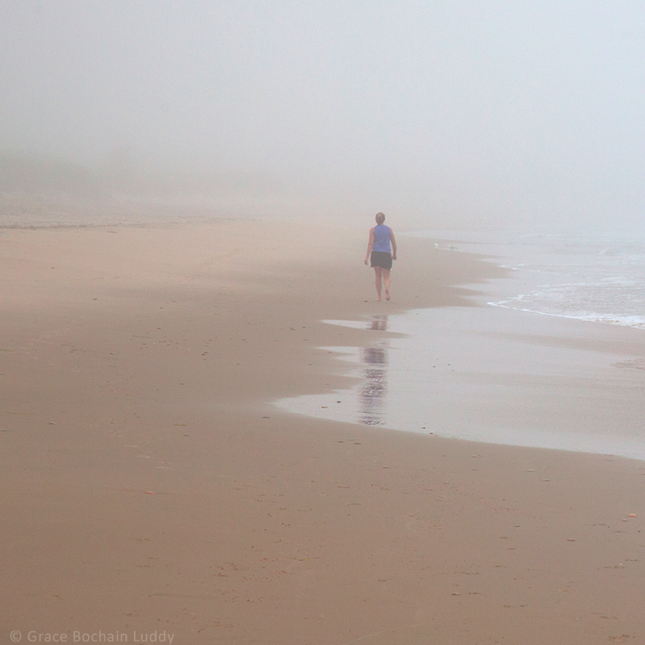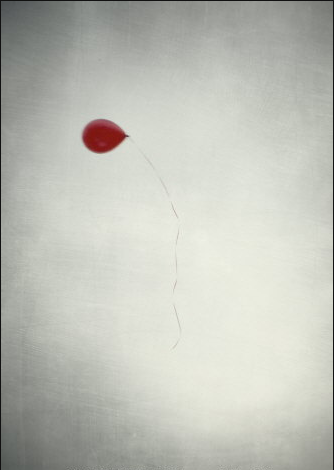by Myra Marcus
My son leaned across the table and looked me straight in the eye. We were having Sunday brunch at a trendy Williamsburg (Brooklyn) eatery. “Mom,” he asked, “do you have long-term care insurance?”
“No,” I replied, taken aback. “That’s only for old people.”
“Well,” he said, choosing his words carefully, “it might come in handy someday. A really faraway day, of course, but isn’t it better to start early?”
“I will take it under advisement,” I said, cringing inside. So it has come to this, I thought.
How did this happen? When did I cross the old-person threshold? Do my kids think the mother they used to kiddingly call “Old Yeller” is so old that decrepitude is imminent and she will shortly need long-term care?
When I got home, I scrutinized my face in the mirror, checking for liver spots that may have sprung up while I was eating brunch. OK, my mother died a few months ago, so I’m a little shaky. But she did live until she was 93 years old. That bodes well for me, right?
It doesn’t matter — I am now next in line. I have noticed that I am becoming increasingly aware of the fact that I’m getting older. That I will eventually die.
I have always had a solid case of death anxiety. I was, however, able to self-soothe. I told myself that I was young and that, barring the unforeseen, I still had at least 50 years left to live. Then 40, then 30 . . . it worked until June 20, 2014 when my mother died. In my eyes I became an older person on that day — a veritable senior citizen, a frail elder — all of that and more.
My inner dialogue goes something like this: Will I wake up in the morning, will I see another day? Will my osteoarthritis impair my mobility, or will it simply deliver unrelenting pain? Will I have to drag myself to the ER one night because I think I’m having a heart attack and there’s no one else in the house except a cat?
Then, if I really want to cap it off, I can always picture my mother, in her casket, dead and never coming back.
My world is a very different place now, almost unrecognizable. Reminiscent of a line from an A.E. Houseman poem, “I, alone, and afraid in a world I never made.”
I feel a profound sense of loss and totally off-balance. I am plagued by intrusive thoughts of being hurled through the windshield of my car, of tripping on an uneven sidewalk and breaking a hip. Every hideous crime depicted on the news brings new possibilities into my death repertoire. I feel as if I have no control over my life. I am vulnerable and scared.
Continue Reading


